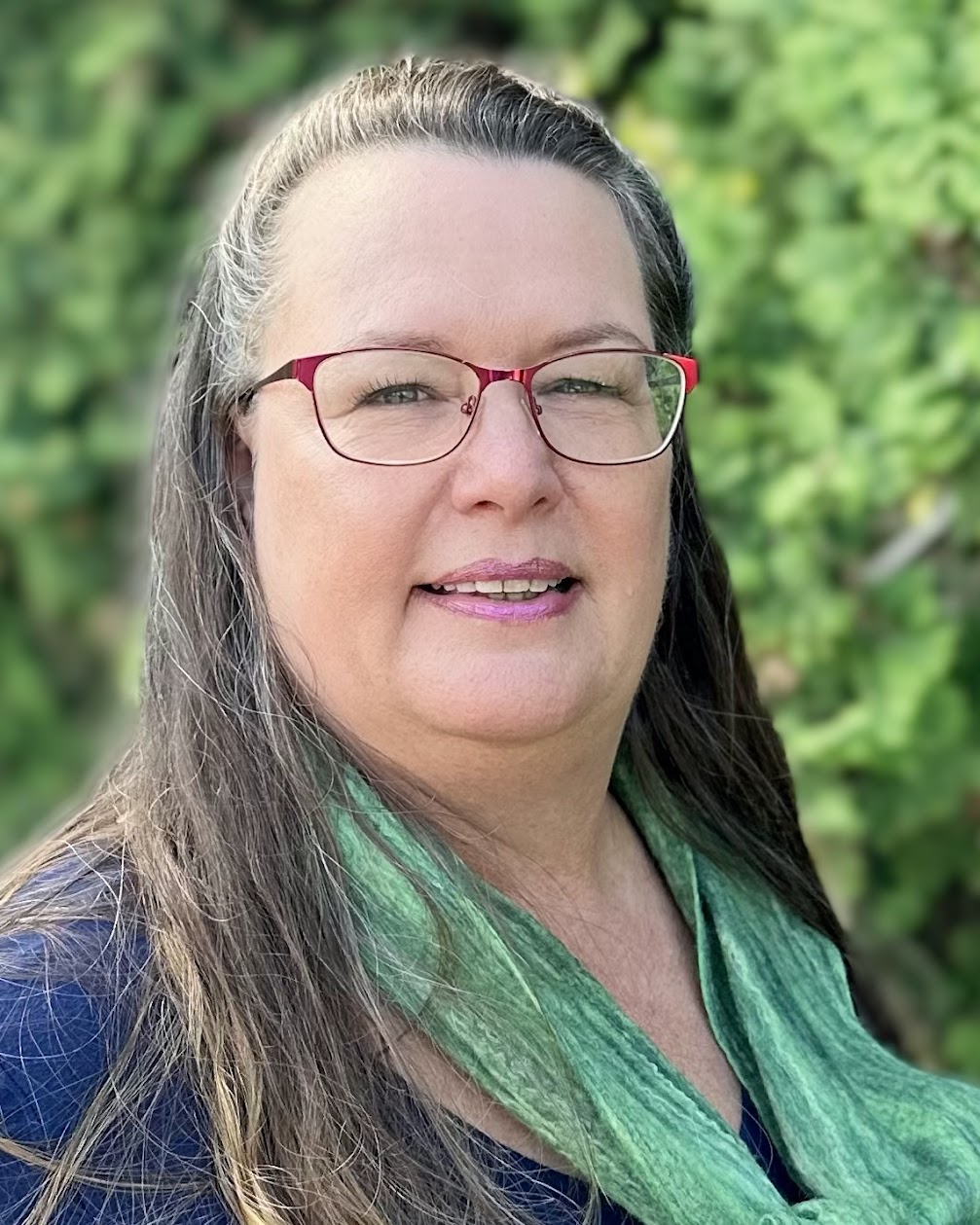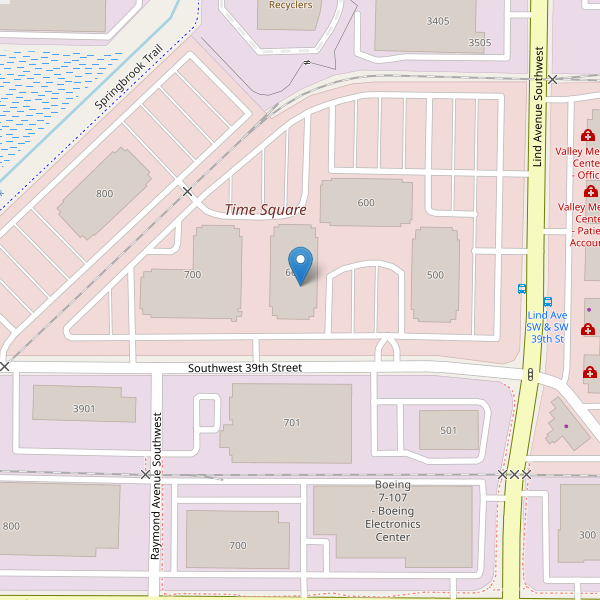Dermatology (Skin) Care

Diagnosis & Treatment of Skin, Hair and Nail Conditions
The skin is the largest organ of the body. As the outer protective covering of the body, it is exposed to the environment, making it vulnerable to growths, rashes, discoloration, cysts, burns, injuries, infections, and other disorders. Our dermatologists provide comprehensive care and state-of-the-art treatment for skin, hair, nail and adjacent mucous membrane conditions and diseases in adults and children, including:
- Screening for melanoma, basal cell carcinoma (BCC), and other types of skin cancer
- Acne treatment and scar removal
- Hair loss
- Contact dermatitis and seborrheic dermatitis, including allergic skin rashes, dandruff, and diaper rash
- Skin pigment disorders
- Inflammatory skin disorders, including psoriasis, atopic dermatitis (eczema) and rosacea
- Ingrown nails and fungal nail infections
- Skin manifestations of systemic and infectious diseases, including cold sores, lupus, eczema, warts and shingles
- Skin tag and mole removal
Our areas of care
Our team works together with oncologists, endocrinologists, neurologists, pediatric neurologists, surgeons and other medical professionals to ensure treatment approaches that are most effective for each patient. Our physicians specialize in evaluating and managing benign and malignant disorders of the skin, hair, nails and adjacent mucous membranes, including:
- The diagnosis and treatment of skin cancers (carcinomas), melanomas, moles and other tumors of the skin
- The management of contact dermatitis, psoriasis and other inflammatory skin disorders
- The recognition of the skin manifestations of systemic and infectious diseases
- Dermatopathology
- Surgical techniques used in dermatology, including Mohs micrographic surgery
Dermatology DocTalks & Patient Stories
In early 2023, First Lady Dr. Jill Biden underwent Mohs surgery to remove skin lesions that were found to be basal cell carcinoma. Basal cell carcinoma is the most common form of skin cancer and usually caused by prolonged exposure to UV radiation from the sun or tanning beds.
Watch this video to learn more about this condition and surgery, and the importance of getting regular skin checks from Valley dermatologist Laura Walsh, MD.
0:12 | What are sunscreens and why are they important for skin protection? 0:39 | What does SPF mean?
1:04 | What SPF number should you look for when you're buying sunscreen? 1:40 | How should you apply sunscreen and how often?
2:22 | Do we need to use sunscreen on cloudy days or in seasons other than summer?
2:55 | What are other ways we can protect ourselves from sun exposure?
 Living with atopic dermatitis (AD), also known as eczema, can be an ongoing battle, with flare-ups causing discomfort and frustration. For Valley patient Polly, her struggle with AD took a drastic turn a few years ago when her symptoms got worse, affecting her daily life and quality of sleep. However, hope arrived while under the care of dermatologist Laura Walsh, MD, PhD, who helped Polly regain control over her condition.
Living with atopic dermatitis (AD), also known as eczema, can be an ongoing battle, with flare-ups causing discomfort and frustration. For Valley patient Polly, her struggle with AD took a drastic turn a few years ago when her symptoms got worse, affecting her daily life and quality of sleep. However, hope arrived while under the care of dermatologist Laura Walsh, MD, PhD, who helped Polly regain control over her condition.
Atopic dermatitis is a chronic inflammatory skin condition that can cause dryness, itching, and a characteristic pattern of rash on the skin. It occurs more frequently in children but can also affect adults (“atopic” means you tend to have allergic conditions and “dermatitis” means skin inflammation). AD is often associated with a personal or family history of other atopic conditions like asthma or hay fever. The exact cause of AD is not fully understood, but it is believed to involve a combination of skin barrier dysfunction (an issue with your skin’s protective layer) and immune regulation (a possible problem with how your body’s defense system works). The condition can vary in severity and may require ongoing care and treatment to control symptoms and prevent flare-ups.
Polly’s condition started as small spots appearing seasonally on her skin. She also became aware that some of her family members also had AD. She used over-the-counter remedies such as moisturizers and antihistamines to manage her flare-ups. However, about three years ago, Polly’s AD suddenly got worse, spreading to different parts of her body. Over time, the relentless itch became unbearable, causing her distress and sleepless nights. It also affected her daily activities, and the itchiness and appearance of her skin left her feeling self-conscious. “Every day shouldn’t be so miserable,” Polly recalled about that time.
Determined to find relief, Polly sought treatment at Valley’s Dermatology Clinic. Dr. Walsh prescribed a newer medication, dupilumab. This medication uses monoclonal antibody therapy, a relatively new field of medicine. It blocks two chemical signals in the body that cause atopic dermatitis, and is safe in patients as young as six months. The medication is given as an injection every two weeks that patients can learn how to do on their own at home.
Within a few weeks of starting the treatment, Polly’s itchiness got significantly better. As the weeks progressed, the number of eczema spots and scaling also decreased. Today, she only has two small spots remaining, a remarkable improvement from her previous state of constant discomfort. “The itching is almost completely gone and I’m sleeping better than I have my whole life,” she said.
“Atopic dermatitis (eczema) can be difficult to treat and frustrating for patients. Itch is a major issue for quality of life that can disturb sleep, make it difficult to concentrate, and be a stressor on a day-to-day basis,” explains Dr. Walsh. “I am so pleased to have these new biologic medications to offer my patients who need to escalate therapy from topical treatments. With recent medical innovation, we now have more targeted medications that have fewer side effects than our prior systemic treatments.”
 Living with a chronic skin condition can be challenging, both physically and emotionally. Psoriasis, a condition characterized by patches of red and raised areas of skin (plaques) can greatly impact a person's quality of life. Valley patient, Kathy, battled psoriasis for years and found healing and relief under the care of Laura Walsh, MD, PhD, at Valley’s Dermatology Clinic, and through a groundbreaking medication.
Living with a chronic skin condition can be challenging, both physically and emotionally. Psoriasis, a condition characterized by patches of red and raised areas of skin (plaques) can greatly impact a person's quality of life. Valley patient, Kathy, battled psoriasis for years and found healing and relief under the care of Laura Walsh, MD, PhD, at Valley’s Dermatology Clinic, and through a groundbreaking medication.
Kathy first noticed symptoms when she was 18 years old, unaware of the condition that would soon affect her life. Initially, she mistook her symptoms for leprosy, causing fear and uncertainty about her future. With time, Kathy became more informed about psoriasis and started to understand her condition.
Over the years, plaques appeared on her body and her scalp, causing distress and a sense of devastation. As a professional in the business world, Kathy tried to conceal her condition, “I would only wear long sleeves,” she said, since she felt the need to cover up her skin to avoid questions and judgment. The constant itchiness and the urge to scratch worsened her symptoms, leading to cracking and bleeding.
Psoriasis flare-ups can vary throughout the day and fluctuate over longer periods. Kathy recognized that stress played a significant role in making her symptoms worse. As a single mother of two children managing a demanding career, Kathy was regularly affected by stress, and this often increased the severity of her symptoms.
For years, Kathy took methotrexate once a week for her psoriasis. She found that after taking the medication, she would feel ill the next day and would have very low energy. She decided to take it on Friday nights and use Saturdays to recover, since she had the weekends off from work. Unfortunately, she also realized that it was a day lost to do activities with her kids.
Years later, Kathy found that she had breast cancer and had to stop taking methotrexate during her treatment. She managed her psoriasis symptoms with topical medications that she put on her skin and scalp. In recent years, her symptoms worsened and she sought care at Valley’s Dermatology Clinic, where she met Dr. Walsh. Kathy said, “Dr. Walsh was so empathetic, and she had done all of her research before I ever came in for my first appointment.”
Under Dr. Walsh's care, Kathy began treatment with risankizumab, a new biologic medicine specifically developed for moderate-to-severe plaque psoriasis. The medicine works by targeting the underlying causes of psoriasis, reducing inflammation, and allowing the skin to heal. Over time, she witnessed improvements in her skin's appearance and texture. Her symptoms were effectively controlled and she was finding the relief she had longed for. Kathy no longer felt the need to hide her skin or live in constant discomfort. She shared what one of her sons recently said, “Mom, I’ve known all of my life that you’ve suffered with psoriasis, and I’ve seen you be sad about it; I’m so tickled about this (new medication) helping.”
"After years of dealing with psoriasis, it's encouraging to see my patient experience relief with a new biologic medication. This treatment has noticeably improved her skin and overall well-being. It's a testament to the progress we're making in medical science while improving patients’ lives,” said Dr. Walsh.




